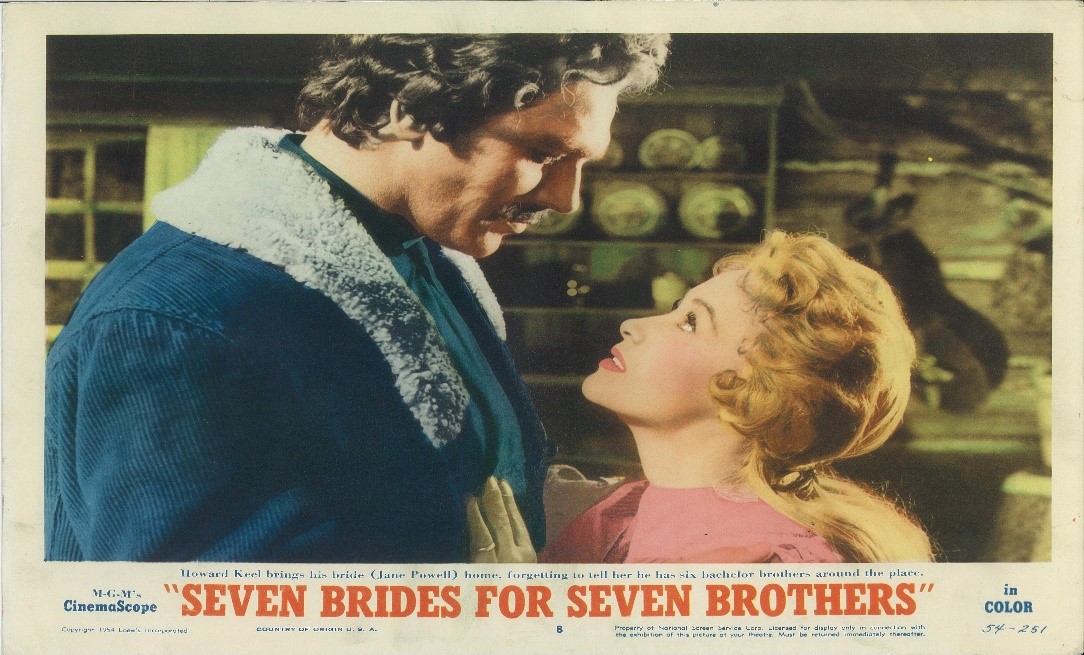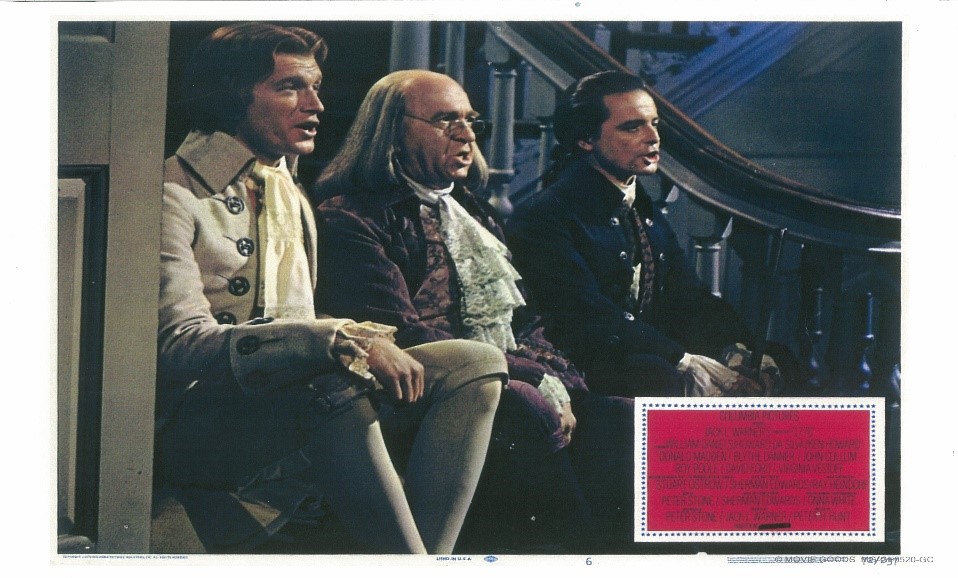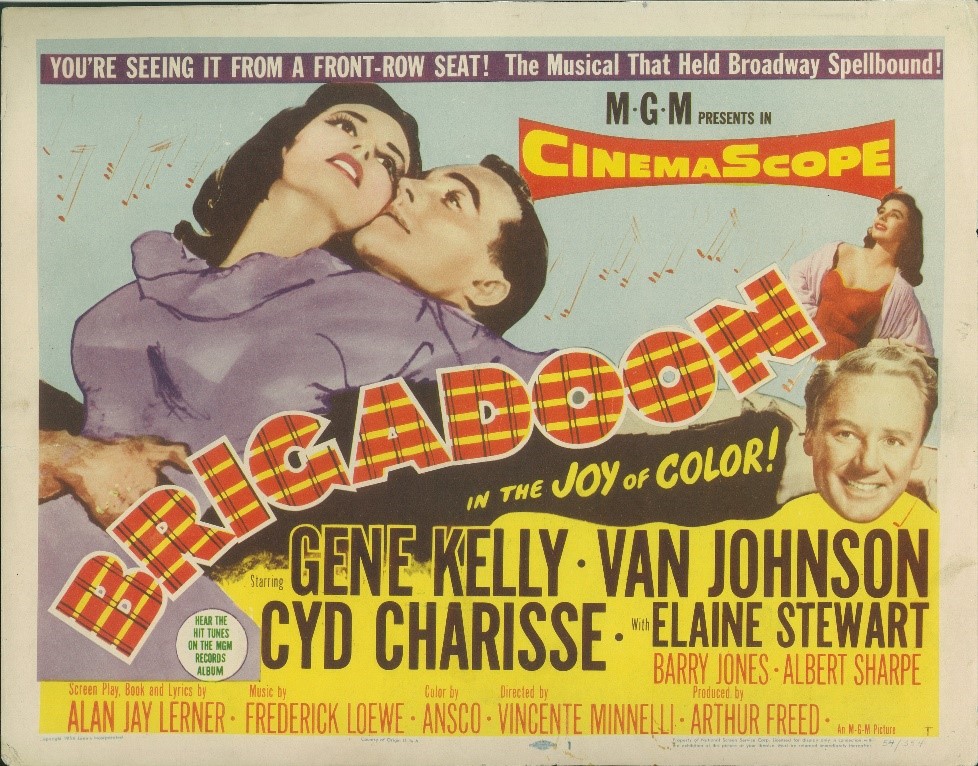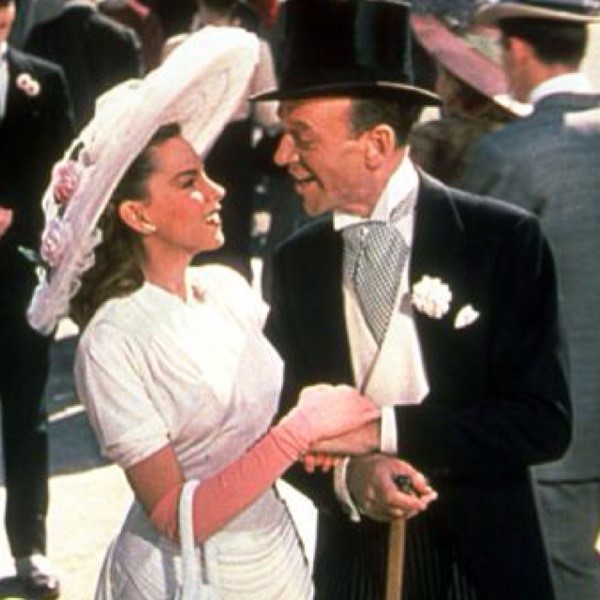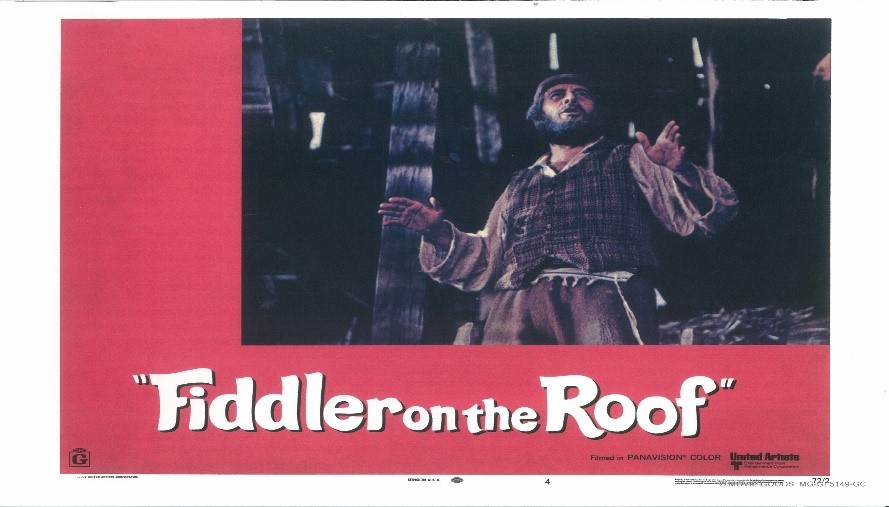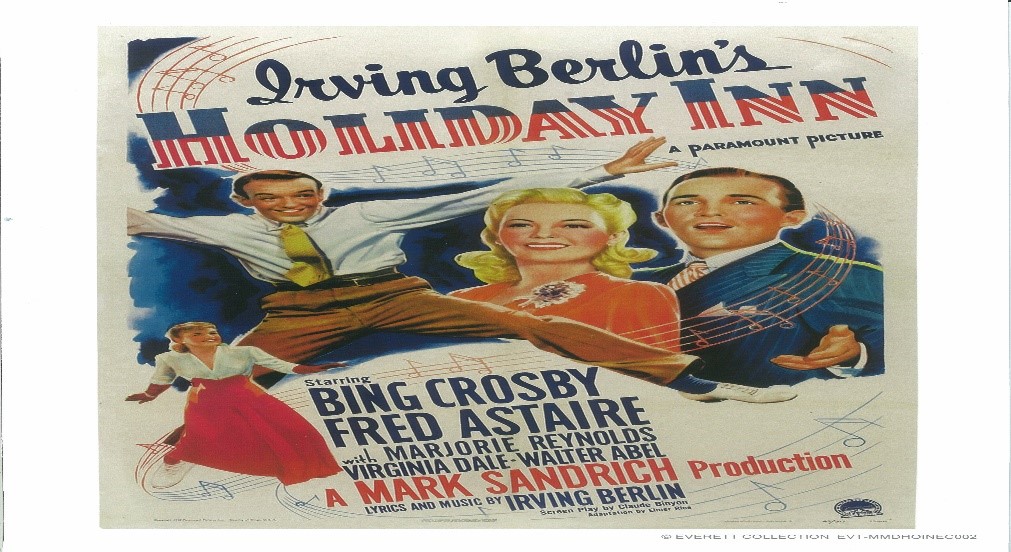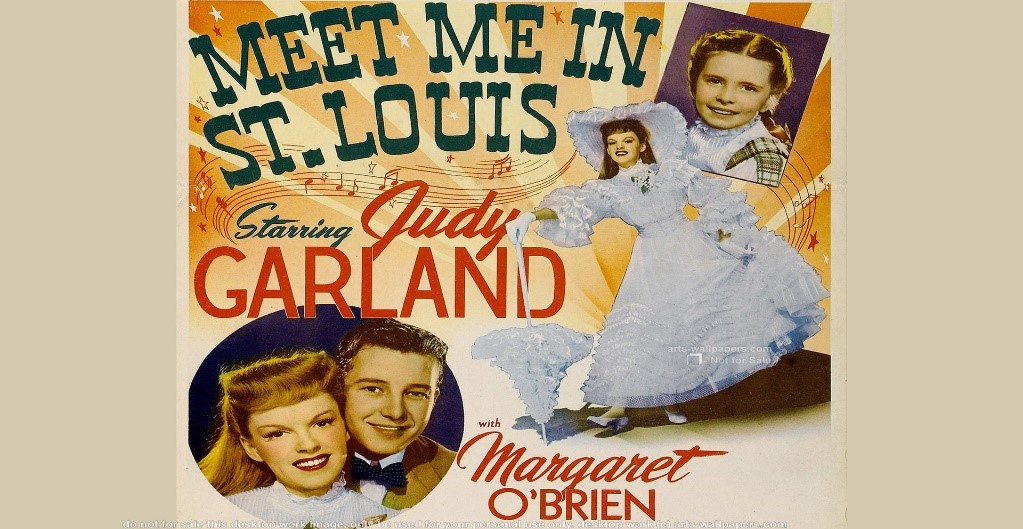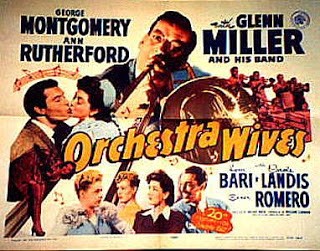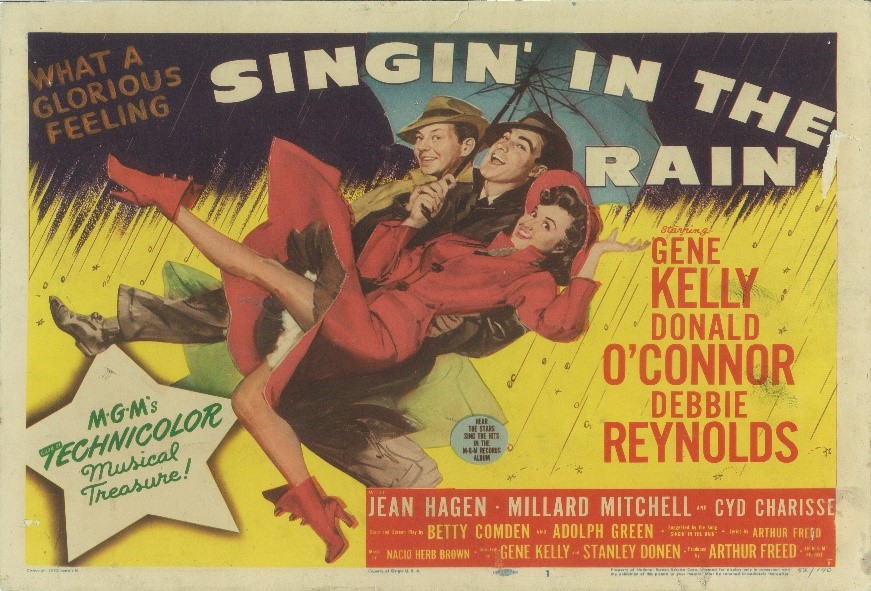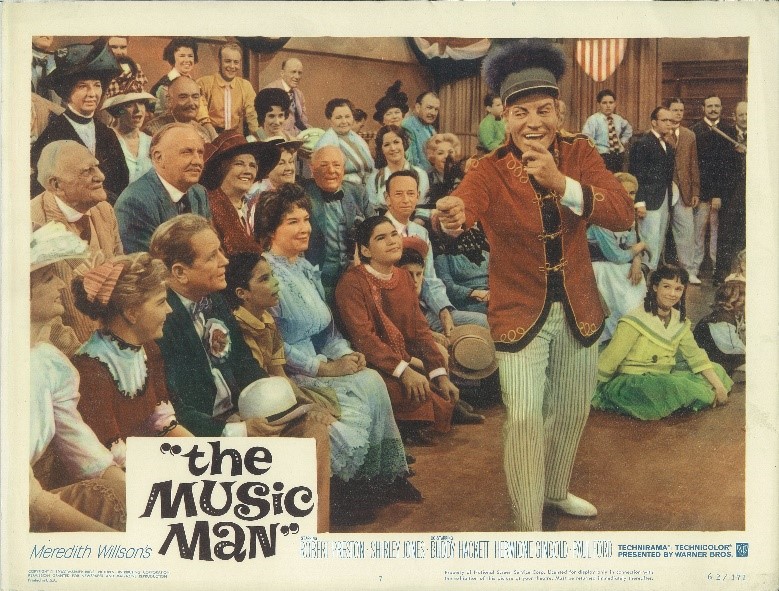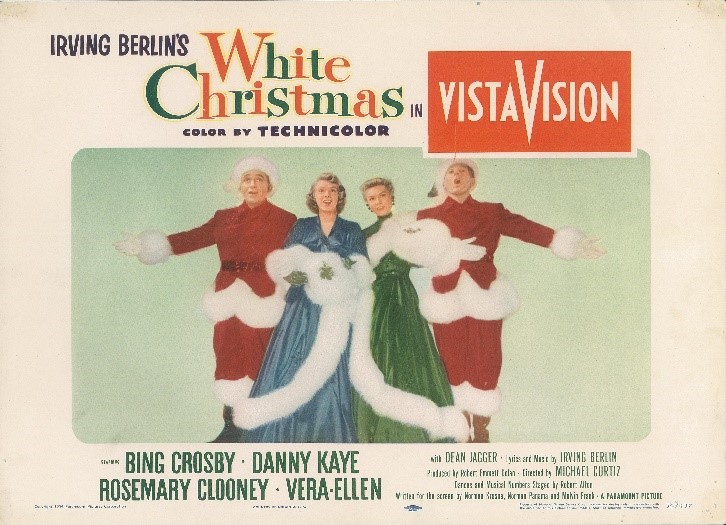"There is somebody in this world, somebody; she was put on earth for me. Where can her love be? See, I'm no exception; I need genuine affection. What's life worth living for if not to give it all!" (Allan Rich, 1985)
As I embark on my 15th year and 145th blog, I remain inspired by these films. They have provided lessons in:
The Value of Reminiscence 2013
The Joy of A Party 2015
Relationships (2016, 2017, 2023)
Isolation 2020
Friendships 2021
The Empowered Woman 2022
The Sadness of Missed Opportunities and the Joy of Synchronicity in the Love Relationship 2024
This year, I'm captivated by the diverse portrayals of Love in The Movie Musical. Whether imagined, unrequited, accurate, or unspoken, exploring love in all its forms is a fascinating journey that keeps us captivated and rooting for every partnership to find its happy ending.
Welcome to the 2025 Edition. The Search for Love in the Movie Musical.
Join me as we explore the various facets of love in the classic genre. In Part One, we'll begin our journey with The Search for Imagined Love in Orchestra Wives, 1776, and Brigadoon—three iconic films that have left an indelible mark on the genre.
As the Guidebook opens, we find Connie Ward (Orchestra Wives) sitting at the soda fountain, her heart fluttering with anticipation, listening to her favorite "solid sender," Bill Abbott, on the trumpet. When Cully, the soda jerk, offers to take her to an open-air dance in Dixon to hear Gene Morrison (Glenn Miller) play, the prospect of meeting her idol, Bill Abbott, at the dance fills her with excitement. Connie eagerly accepts Cully's offer and prepares to meet the object of her affection.
When Cully leaves her at the dance to get a soda, Connie pushes through the crowd and locks "dreamy" eyes with her trumpet player. As Connie navigates through the crowd, her heart races, and at that moment, the trumpet player, Bill Abbott, catches sight of her, too. His eyes sparkle with intrigue, recognizing the enchanting figure amidst the crowd. However, this captivating interaction doesn't go unnoticed by Cully, who stands near, an uneasy twist forming on his face as jealousy creeps in.
While Bill initially views Connie as just another conquest ("That kind of game is not typical in this section. I could say with perfect confidence that it's a blacktop cinch".), Something shifts with the realization that she is a lovely, sweet girl, someone with whom he could find a connection. If she slips away into the night, this connection could vanish forever, leaving him with a haunting sense of what could have been. Driven by a surge of desperation, he chooses to seize the moment, and with his heart racing, he steps up to her departing bus, proposing marriage in a whirlwind of emotion. This unexpected declaration surprises Connie and himself, intertwining their fates in a way neither had anticipated. What follows is the reality of bus tours, late nights, eager female fans, and Jaynie, the flirtatious girl singer in the band. Jaynie professes her friendship to Connie (gifting a nightgown in honor of a honeymoon night) yet secretly sets her sights on Connie's husband, Bill Abbott. ("Naturally, when it comes to stealing a husband, it's always the wife's best friend who gets him.") As Connie settles into life on the road as an "orchestra wife," she endeavors to make a home life for her and Bill (finding restaurants that serve "home cooking," finding time to sew a button on Bill's shirts, knit the occasional scarf and keep up a friendship with Jaynie and the other wives.) These efforts are resisted as the wives gossip about each other ("You have to be close to stab each other in the back.") and Jaynie flirts with Bill, asking him to her room (under the cloak of asking for help to get her kid brother out of trouble). At that moment, Connie arrives for a "surprise" visit with her husband. (Connie: "Perhaps it's - all part of being an orchestra wife. If that's so, I don't want to be an orchestra wife." Bill: "Look, I married you because you were a happy kid, cute, cheerful! But you've gone neurotic on me. You trail me around like a house detective, and then, with one flick of your tongue, you bust up our band. Last night, you said you weren't an orchestra wife, and you hit the nail right on the head. You aren't, and you never will be!") As these words hang in the air, the idea of the imagined perfect love is dissolved in tears.
When the tears dry, Connie takes a page from Jaynie's book and schemes with the piano player, Sinjin, to reunite the band. After receiving an invitation to be the opening act at a casino, the band accepts, and Connie attends the opening on the arm of an older rich man. As Bill begins to play, he notices her (a flashback to their first meeting) and confronts her, imploring her to return to him. The apology is successful, harmony between the couple is restored, and the pair waltz off into an imagined future full of love.
The idea of the imagined future is a perfect introduction to the next two films (1776 and Brigadoon).
In 1776, Ben Franklin, John Adams, and Thomas Jefferson imagined a bright future with the possibility of free states away from "fat" King George, who had "gulled, cullied, and diddled these colonies with illegal taxes! Stamp Acts, Townsend Acts, Sugar Acts, Tea Acts! When we dared stand up like men, they have stopped our trade, seized our ships, blockaded our ports, burned our towns, and spilled our blood!" With this declaration, Adams stands up to his colleagues in the Second Continental Congress and implores them to Vote for Independency!
To Adams and his friends, this is the pivotal moment in the quest for independence. However, Congress is filled with representatives from various colonies, each with their own agendas and hesitations.
Amidst the debates and uncertainty, John Adams emerged as a fervent advocate for independence. He passionately called upon his colleagues to embrace the vision of a united and free nation and to recognize King George's tyranny as a threat to their rights and future.
Adam's unwavering stance puts him at odds with many of his fellow delegates, who are still entangled in doubt and fear of the consequences of breaking from British rule. With his fervent "Vote yes! Vote yes! Vote for Independence!" he seeks to ignite a spark of resolve in the room. However, only Thomas Jefferson and Benjamin Franklin aligned with his fervor, standing alongside him at this critical juncture. Together, they embody hope for a brighter, independent future.
While others falter, Jefferson and Franklin rally behind Adams' vision, recognizing that this struggle for independence is about more than politics—it is about the essence of liberty and self-determination. Their united front becomes a beacon of inspiration, emphasizing that pursuing freedom demands courage and unwavering belief, while the road ahead is fraught with challenges. This moment not only crystallizes their commitment to the cause but also sets the stage for the historic decision that will forever alter the course of their nation.
As we transition to Brigadoon, we see another form of standing up for imagined love, this time in a world ruled by fantasy. A world that comes to life once every 100 years. A world that lightens the heart of a discouraged traveler (Tommie Albright - "Something seems wrong between Jayne and me, and that makes everything wrong.") and makes him believe that the love he feels for Fiona Campbell is not only real but true. ("I believe in her! I believe in this place! I can't leave!") With this declaration, Tommie faces opposition from his friend Jeff Douglas, who, like Adams' colleagues, only believes in what he can see, taste, and touch and has no room for anything new or untried. ("I don't know what goes on around here, but it's got nothing to do with me or you! You want to give up your family, your friends, your whole life for this!") Tommie's experience with his friend reflects a broader theme of influence and choice, similar to how John Adams and his colleagues faced pressure to turn away from the idea of an independent new world. Just as Tommie is swayed by his friend to abandon dreams of love and adventure, Adams's colleagues are often influenced by established loyalties and the fear of change, leading them to reconsider or resist the revolutionary ideals of independence and freedom. This parallel highlights the tendency of individuals to be swayed by those around them, often at the cost of their aspirations or the collective yearning for a new beginning.
This yearning for a "new beginning" and a life filled with adventure leads all the characters in these films to search for the imagined love they all richly deserve.
Thanks for looking in! Join me for Part Two: Unrequited Love in Easter Parade, Oklahoma, and Seven Brides for Seven Brothers.
~~ Lori

